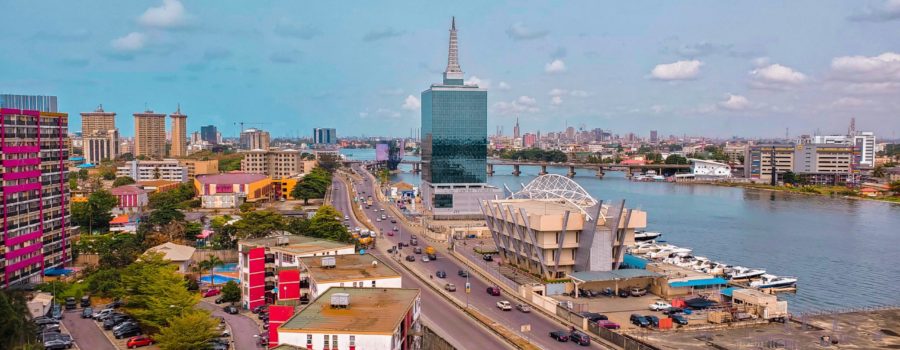Faculty to Faculty Mentoring Award / Interdisciplinary Award
Mentee: Folasade Ogunlesi, MD
Mentor: Obianuju Ozoh, MBBS, FWACP, FMPC (PI/Mentor); Annette Nzegwu-Akinsete, MBBS, MPH, FMCPH (Co-investigator)
Over 75% of the global burden of sickle cell disease (SCD) resides in Sub-Saharan Africa (SSA). While 95% of children in high-income countries will survive to adulthood, over half of infants who are born with sickle cell disease in SSA will die before the age of five. In Nigeria, between two and three percent of the population of over 212 million is affected by sickle cell disease, over 6.3 million people. Collaboration between resource-rich countries and low and middle income countries (LMICs) is helping to improve survival of SCD patients in SSA. For this collaboration to be maximally successful, a robust understanding of SCD risk factors, incidence, and complications in older sickle cell patients is essential to early diagnosis for others and treatment of SCD associated organ dysfunction.
Pulmonary disease is a known major comorbidity for SCD. In the United States, acute chest syndrome is the number one cause of death and is a major contributor to deaths from SCD in SSA. The full spectrum of factors contributing to lung disease in patients with SCD is not yet understood. However, a major contender is environmental health factors. The causative effect of such metrics as temperature, wind speed, humidity, and altitude has been investigated in SCD patients in Europe, the Caribbean, and South America. Increased particulate matter, wind speeds, and rainfall all contributed to increased numbers of hospitalizations for SCD patients.
Sub-Saharan Africa is characterized by a unique environment which has decreasing air quality due to the expansion of urbanization. In 2015, the Global Burden of Disease of Ambient Air Pollution was found by a Lancet study as the fifth leading global risk factor for death, accounting for 4.2 million deaths and 7.6% of total global mortality. In Nigeria, ambient air pollution is considered a significant risk factor for mortality especially for those with chronic diseases such as SCD. This harmful effect is amplified in densely populated regions such as the capital city of Lagos, home to over 20 million people or a 10th of the population of Nigeria.
This study aims to specifically assess the effects of constant exposure to increasing air pollution on SCD pulmonary morbidity and mortality. Building on an award from the Global Health Initiative Research Launchpad program, this study will enroll 100 sickle cell patients who attend clinics at the Lagos University Teaching Hospital and assess their environmental exposure through pulmonary function testing and surveys from the International Multidisciplinary Program to Address Lung Health and TB in Africa and Pan African BREATHE environmental health questionnaires. Early detection of sickle cell chronic lung disease through pulmonary testing presents the opportunity for early intervention and improved outcomes. Assessing the correlation between environmental risk factors and incidence of pulmonary disease in sickle cell patients will help to understand and address risk factors for the progression of disease, helping to improve survival and quality of life for SCD patients in SSA.
Objectives:
- To investigate and measure the levels of air pollutants and its effects on the lung function of sickle cell patients in Lagos, Nigeria
- To explore and determine the effect of exposures to air pollutants in the living environment of children and young adults who have sickle cell disease (SCD) who attend clinics at the Lagos University Teaching hospital (LUTH), Lagos, Nigeria
- To determine the lung disease patterns and the impact of environmental exposures on existing patterns of lung disease of these SCD patients by performing Spirometry measurements and by administering the Clinical data questionnaire, the IMPALA (International Multidisciplinary Program to Address Lung Health and TB in Africa) and the Pan African BREATHE environmental health questionnaires








